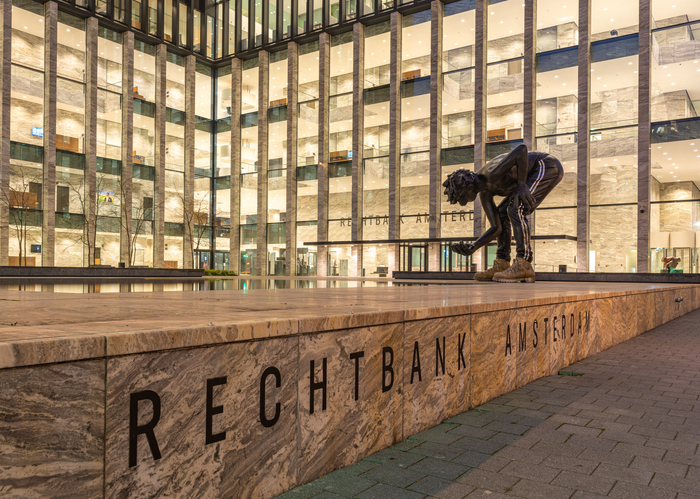A 38-year-old man convicted of terrorist offenses after fleeing to Syria will retain his Dutch nationality following a landmark ruling by the Amsterdam District Court on Monday. The court found that revoking his citizenship would violate the U.N. Convention on the Elimination of All Forms of Racial Discrimination.
The man, Youness C., who holds both Dutch and Moroccan citizenship, traveled to Syria and joined the terrorist groups Ahrar al-Sham and Jund al-Aqsa. In 2018, he reported to the Dutch embassy in Syria and was returned to the Netherlands to face charges.
“The 38-year-old man was born in Amsterdam and then obtained Moroccan nationality. At the age of 9, he also received Dutch nationality. He was sentenced by the criminal court in 2018 to 5 years and 4 months in prison for committing terrorist offenses. He has served that sentence, and he is now free,” read a statement from the court.
Dutch State Secretary of Justice and Security Ingrid Coenradie sought to strip him of his Dutch nationality and impose a 20-year entry ban.
However, the Amsterdam court sided with the man, who argued that the decision was discriminatory. He argued that people with dual nationalities are treated differently under Dutch law compared to those with only Dutch nationality.
The court agreed, ruling that such a distinction amounts to discrimination. “The State Secretary makes a distinction based on origin,” the court wrote in its decision, citing how Dutch law treats dual nationals differently depending on their background.
“That is contrary to international rules to which the Netherlands has committed itself,” the court added.
In a commentary piece on the ruling shared by Dutch politician Geert Wilders, leader of the country’s largest party (PVV), the question was asked, “Isn’t it discriminatory against all Dutch people who have not been convicted of terrorism that we now have to give a Moroccan his Dutch passport back, while he in his right mind chose to travel to Syria in 2013 and be guilty of terrorism? Is there no U.N. treaty against that?”
The ruling has also caused a stir amid reports that the leading judge presiding over the case has a former political affiliation to D66, the Netherlands’ progressive liberal party.
Wilders, commenting on the decision, simply wrote, “Lost D66 member in gown helps Moroccan jihadist.”
The ruling once again puts a nation state’s judiciary on a collision course with elected government officials seeking to restrict immigration rules.
A similar confrontation has also recently been seen in Italy amid attempts by the judiciary to order the return of illegal migrants expelled from the country and transferred to asylum reception centers in Albania following an agreement reached between Giorgia Meloni’s administration and Tirana.
Italian Deputy Prime Minister Matteo Salvini has not been shy in criticizing what he has called “far-left” and “Communist judges” interfering with the democratic will of the people.












